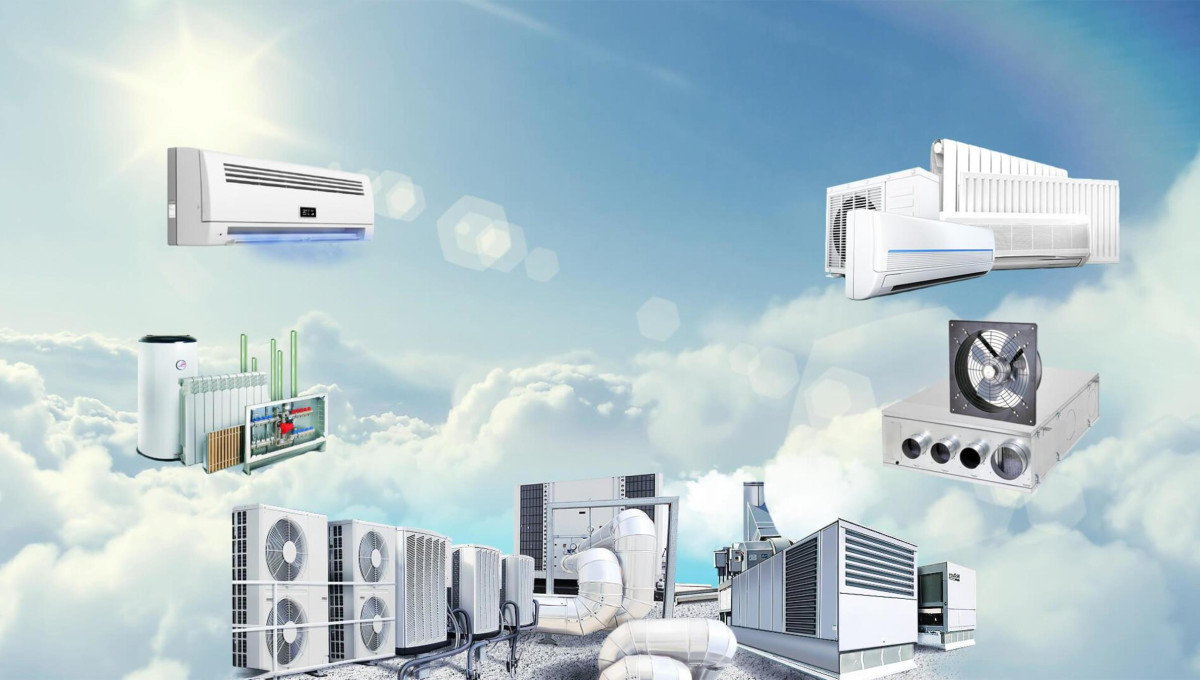New Home Heating Systems: How Will New Homes Be Heated After 2025
Table of Contents

What is The UK’s Gas Boiler Ban?
So, if you haven’t already heard, the UK government are planning to ban gas boiler installations in new build properties from as early as 2025. This is to help meet net zero carbon targets, with the burning of natural gasses one of the most significant contributors to emissions on a global scale. The proposal would see new homes fitted with alternative heating systems like heat pumps or electrical heating systems. Existing homes would also need to replace their gas boilers with more eco-friendly options upon failure of their current heating devices. With gas boilers remaining a staple heating solution in homes for decades, we know it might be difficult to know where to begin. There are several different types of home heating systems homeowners can consider and we’ll look at some of those options within this blog.Home Heating Systems: How New Homes Could Be Heated After 2025?
Heating and Cooling Systems (Air Conditioning)?
A modern type of home heating system that has been growing in popularity in recent years is dual heating and cooling systems, also known as air conditioning systems. Forget the hassle of owning and maintaining two separate devices and embrace the newfound benefits AC units provide. They work by taking external air from either outside or within the ground, depending on your model, and absorbing the heat from this before pumping it into your home. There are many advantages that come with air conditioning units, one of which is their 350% efficiency rating. This further translates into a significant cost-benefit ratio, making them cheaper to run than traditional gas heating systems.Biomass Heating for Homes
New biomass heating systems provide an eco-friendly way to heat your home using sustainable organic materials. Wood pellets, chips and logs, all usually locally sourced, are burned in a biomass boiler or stove to heat water. This water then circulates through radiators or underfloor heating to warm up your home. As plants and trees regrow, they absorb back the carbon dioxide released during this burning process, making biomass heating a lower carbon alternative than burning natural gasses. Although the upfront costs for a biomass boiler can be high, there are several government incentives, like the Renewable Heat Incentive, to help offset this. Biomass fuels also tend to be relatively cheaper than oil or propane.Home Electric Heating Systems
Electrical home heating systems, like electric boilers, simply convert electrical energy into heat energy to provide warmth during the colder months. They are extremely energy efficient, as all the electrical energy converted is used for heat. Although they are often said to be 100% efficient, a small percentage of this energy is lost during the transfer process. This however is minimal compared to traditional gas heating systems and even the new condensing boilers. However, the downside is that electricity costs more than gas and lacks the leveraging of free environmental heat as heat pumps do. Although new smart electric heating systems help increase efficiency and have lower running costs, this is still substantially higher.Looking for An Alternative Home Heating Solution? Contact The Domestic Heating Experts
When looking for new heating systems for houses it’s important to weigh up the different options and the pros and cons of each one. As experts in home heating and cooling systems, we can help you find the perfect modern heating solution to replace your gas boiler. Simply, give us a call to discuss this further or fill out our domestic calculator quiz for a free quote. The team at MAC are here to make this journey to a new gas-free home heating system a smooth one.Share:
Facebook
Twitter
LinkedIn
More Posts








